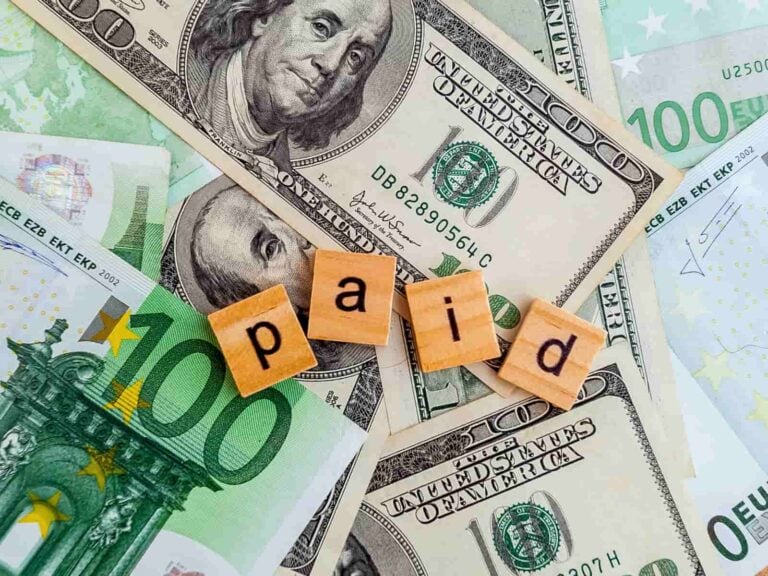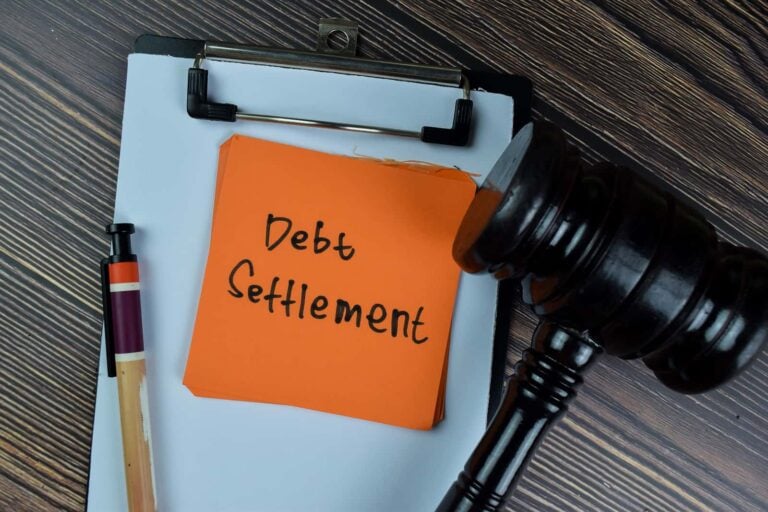First time home buyers have plenty to think about. There’s the process of saving for a down payment, closing costs and moving expenses. These expenses, and many others, all play a role in determining how much “home can be afforded.” There is the necessity of exploring mortgage options, comparing rates and fees – and cleaning up the credit report and profile ahead of that process.
What about finding the right home in the first place? Choosing the right real estate agent, the right type of house in the right type of neighborhood while sticking to a budget and negotiating with the seller – none of this is quick and easy stuff.
Now, throw in the prospect of attempting to do all of this successfully while saddled with high interest rate credit card debt, personal loan debt, student loan debt…what’s a first time home buyer to do? Buying your first home can be challenging – especially if you’re dealing with debt. However, there is hope. Learn more from our first time home buyers guide to debt consolidation.
First Time Home Buyers Guide to Debt Consolidation
Buying a house when you’re in debt isn’t always easy. Mortgage lenders are generally concerned about pre-existing debt and the debt-to-income ratio of a mortgage applicant. The rule of thumb for debt-to-income ratio is that up to 43% of pre-tax income can be earmarked to repay monthly debts related to housing, auto loan, student loan and credit card payments.
First time home buyers who are carrying significant debt can run into challenges in securing the appropriate home mortgage when pre-existing minimum monthly payments already account for too much of the 43% in the debt-to-income ratio. For example, if a mortgage applicant earns $7,500 per month but has two car loans that total $700 per month, $400 in minimum monthly credit card payments and $400 in student loan payments, that $1,500 of monthly debt payments already eats into 20% of the pre-tax monthly income, or almost half of what’s allowed under the 43% ceiling on the debt-to-income ratio.
However, there is a possible solution – debt consolidation. A first time home buyer debt consolidation loan (DCL) combines multiple debts into one single loan, typically resulting in a lower interest rate and, importantly, for the purposes of first time home buyers – a lower monthly payment.
The lower monthly payment that results through debt consolidation can free up space within the debt-to-income ratio to allow for approval of a larger monthly mortgage payment.
Creating more room for the monthly mortgage payment not only makes it easier to get approved for a mortgage, but it can also allow for a smaller down payment and larger mortgage loan when buying the house. Interest rates on debt consolidation loans frequently are lower than those attached to credit cards, so a DCL taken out in the form of a personal installment loan can make a difference for a first time home buyer in debt qualifying for a mortgage.
Through a debt consolidation loan, it becomes possible to borrow sufficient funds to pay off a variety of unsecured debts (credit cards, installment loans, private student loans, etc.), while resulting in a lower combined monthly payment.
The DCL also simplifies the repayment process, combining multiple monthly payments into one single monthly payment that helps avoid inadvertent delinquencies and late fees that can harm a credit score and make the debt more expensive.
Can you consolidate debt into a first time mortgage?
Consolidating debt into a first mortgage may be a good option for some people. However, it’s important to understand all of the potential risks and benefits before making a decision. For example, consolidating debt can help improve your credit score by lowering your credit utilization ratio. But, if you miss payments on your new mortgage, it could have a negative impact on your score.
Mortgage interest rates are often lower than the interest rates on other types of loans. So it can be tempting to try to use a new mortgage to pay off high-interest debt. But it’s not always easy to do. Most mortgage lenders don’t want to loan more money than the property is worth, so you might need to make a bigger down payment if you want to borrow money through a mortgage to pay off your other debt.
Before lending money for credit card repayment, the underwriter will look at your credit report and repayment history. They will also consider that credit card debt is not backed by anything, unlike a home mortgage. A home mortgage is a form of secured debt – it is backed by the collateral of the property itself. If you don’t pay your mortgage, the bank can take your house. So before deciding to roll your credit card debt into a mortgage, you need to make sure that you can afford the monthly payment.
Buying a House When You’re in Debt
When you’re in debt, it can be difficult to save up enough money to buy a house. You’ll need to come up with a plan to get your debt under control so that you can focus on saving for a down payment. There are several ways to get your debt under control and improve your debt-to-income ratio. You can work with a financial planner to create a plan that’s right for you.
Once you’ve gotten your debt under control, you’ll need to start saving for a down payment. You can set aside money each month until you have enough saved up. Alternatively, you could look into government programs that offer assistance with buying a home.
No matter what route you take, buying a house when you’re in debt is possible. You just need to be patient and create a plan that works for you.
Can You Buy a House After Debt Consolidation?
The answer is yes – if you plan early and get started well before pursuing a mortgage. The key is to consolidate significant pre-existing debt through some combination of a personal installment loan and promotional low interest rate balance transfers. Personal loan companies are amenable to funds being utilized for debt consolidation, and frequently grant loans ranging up to $40,000 or more. Online resources is an excellent place to begin a search for a personal loan that can ultimately free up space within the debt-to-income ratio and make it easier to qualify for a mortgage as a first time home buyer in debt.
Meantime, promotional rate balance transfers remain a useful tool for managing higher interest rate credit card debt and saving disposable cash each month while lowering monthly payments, also making it easier for a first time home buyer in debt to qualify for a mortgage with a lower debt-to-income ratio. Start the process early. Although 0% promotional balance transfers are typically reserved for individuals with FICO credit scores well into the 700s, it is still possible to find low single-digit interest rate promotional balance transfer offers if you have a good credit score and profile.
Contact United Debt Settlement to learn more about Loan and Payment Relief Options During COVID-19. Give us a call at (888-574-5454) or fill out our online contact form.
FAQs:
Can You Consolidate Credit Card Debt Into Your Mortgage?
It depends on the terms of your mortgage. If your mortgage allows for a “cash out” refinance, you may be able to use the money from the refinance to pay off your credit card debt. However, you should consult with a financial advisor to make sure that this is the best option for you.
How long after debt consolidation can I get a mortgage?
It depends on the type of mortgage you are applying for. If you are applying for a conventional mortgage, you will need to wait at least two years after debt consolidation. If you are applying for an FHA mortgage, you will need to wait at least three years after debt consolidation.
Will a debt consolidation loan affect my mortgage application?
It is possible that a debt consolidation loan could affect your mortgage application. Lenders will often look at your overall financial picture when considering a loan, and a large debt consolidation loan could make you appear to be a greater risk. However, each lender is different, so it’s important to speak with a representative from the lender you are interested in to get an accurate answer.
Is it better to have a loan or credit card debt when applying for a mortgage?
There is no definitive answer, as both loan and credit card debt are weighed differently by mortgage lenders. Generally speaking, a smaller amount of loan debt is better than a larger amount of credit card debt, as it shows that you are capable of managing your finances responsibly. However, if you have a good credit score and a long history of on-time payments, a moderate amount of credit card debt may not be a red flag for a mortgage lender.

Steven Brachman is the lead content provider for UnitedSettlement.com. A graduate of the University of Michigan with a B.A. in Economics, Steven spent several years as a registered representative in the securities industry before moving on to equity research and trading. He is also an experienced test-prep professional and admissions consultant to aspiring graduate business school students. In his spare time, Steven enjoys writing, reading, travel, music and fantasy sports.












